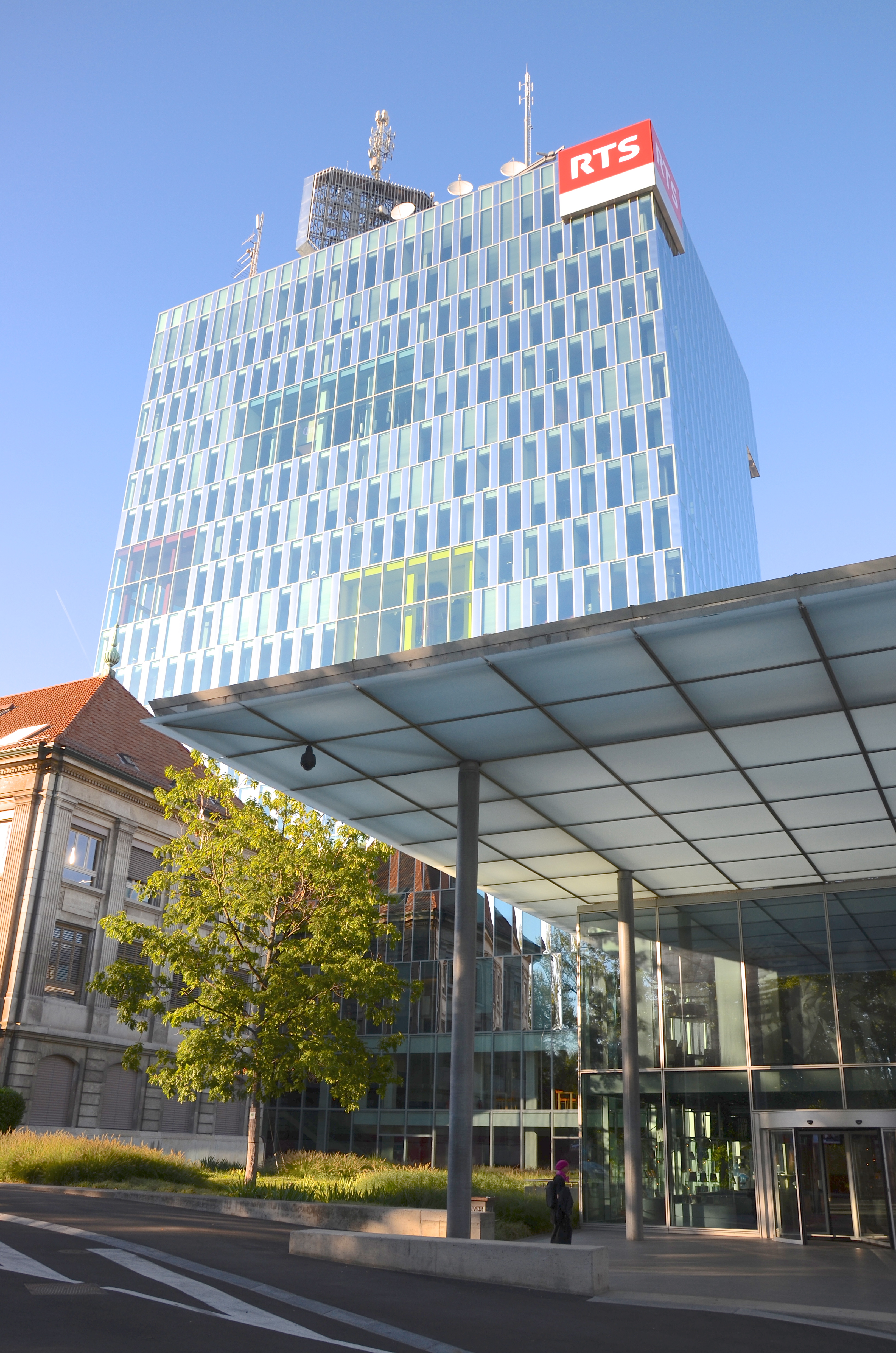As the Swiss Broadcasting Corporation (SBC) faces calls to privatise, the Editor-in-Chief of its international arm releases statement supporting its role as an instrument of democracy.

Political pressure towards public service broadcasters (PSB) is growing across Europe. From calls to privatise Channel 4 in the UK to greater governmental control of public media in Poland and Croatia, PSBs are having to increasingly defend their independence.
In Switzerland the right-wing Swiss People’s Party wants to “clip the wings” of its public broadcaster SBC, with a plan to privatise public radio and television services. In an interview with German newspaper Die Zeit, People’s Party parliamentarian Natalie Rickli argued that the broadcaster was too big, with costs that were no longer acceptable in the 21st Century.
SBC does indeed have the widest reach of any broadcaster in Switzerland. It is an association made up of four broadcasting members representing each of the four recognised languages in the country, with seven television channels and 17 radio stations.
Yet it is due to this reach as a public broadcaster that it is such an effective tool for democracy, in that it is paid for and accessible to a broad public across the breadth of the country. With such a reach it is therefore essential that it remains politically and financially independent to better integrate society.
These endorsements are passionately supported in an editorial by the Editor-in-Chief of Swissinfo.ch, Larissa M. Bieler, which is also used to highlight the need to also achieve this remit within the digital media landscape.
Bieler argues that in an increasingly fragmented society, SBC must not be diminished in its role but be enabled to actively engage Swiss citizens in “direct democracy” – by moving away from analogue broadcasting to become a more integrated platform that encourages debate and opinion.
In concluding her editorial about the need for continued financial and political independence in the digital age, Bieler states:
“For the SBC, this is an opportunity. For Switzerland, a great deal is at stake. Not influence, power or money but something much more fundamental for democracy: Social cohesion, values and a platform for opinion-making that is essential for democracy and unparalleled worldwide.”
Bieler’s editorial was released ahead of the Swiss government’s public service report, which is due this summer.
By Kristian Porter
Related Posts
12th June 2013
Greece: shutting down the public broadcaster is the last thing to do in a crisis
Reaction to the stunning and abrupt…
10th December 2012
The true cost of broadcasting with public funding: accountability
A Manx tale: The CBA's Sally-Ann Wilson…
